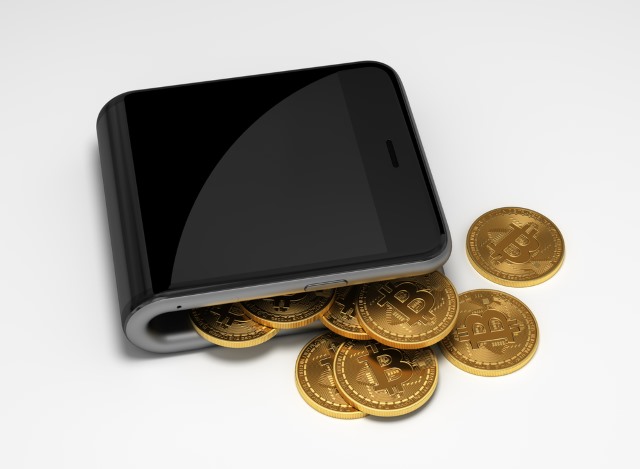
Bitcoin is not money, it's property
What's the first word that pops into your head when you hear Bitcoin? It's probably cryptocurrency, but a judge in Florida says this is wrong -- it's actually property.
In a case relating to alleged money laundering, Judge Teresa Pooler ruled that the charges could not stick as Bitcoin was not money, and therefore could not be laundered. With the decision that Bitcoin cannot be considered a 'monetary instrument', this could have implications for future cases.
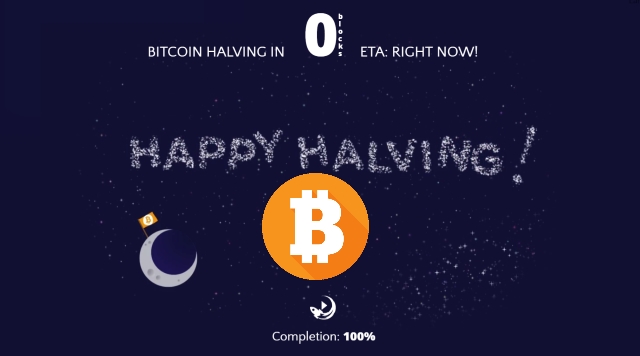
The Halvening means that bitcoin mining rewards just dropped by 50 percent
It just became significantly harder to mine Bitcoins. The halving event rolled around yesterday, July 9, and means that the reward for mining just dropped by 50 percent. The cryptocurrency is generated by machines around the world 'mining' for new bitcoins.
Rewards of bitcoins are handed out for giving over computing power to process bitcoin transactions. It's a very, very slow way to make money -- and it just got a whole lot slower. While there were previously 25 bitcoins (around $16,000) available globally to miners every 10 minutes, the figure is now just 12.5 bitcoins. But what does this mean for the digital currency?

Bitcoin is a 'safe haven' in a period of economical and political instability
Bitcoin’s transaction value has increased drastically over the past year, mostly because of both political and economic instability we’ve been witnessing in the past few years, according to a new Juniper Research report.
Total value of the cryptocurrency’s transactions is expected to hit $92 billion (£69.3bn) this year, up from less than $27 billion in 2015.

Microsoft wants to build a blockchain-based identity solution
Leveraging on possible opportunities on identity systems, Microsoft is looking into building a blockchain-based identity system and it has recently sealed a partnership to further this goal.
The tech giant has made an open source collaboration with companies Blockstack Labs and ConsenSys for their current Bitcoin and Ethereum-based identity solutions, together with various developers globally.
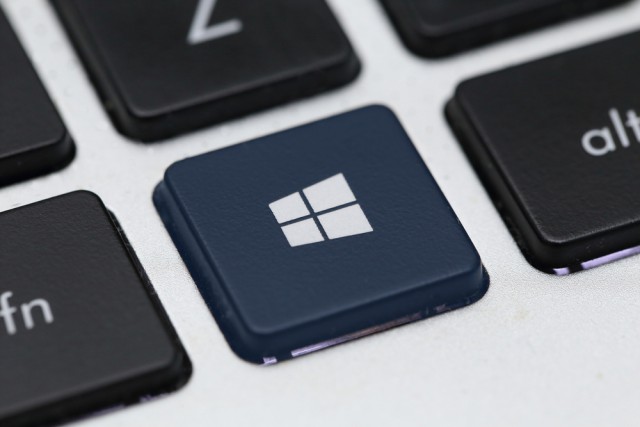
Newly-discovered zero-day vulnerability affects all versions of Windows
Security firm Trustwave has discovered a zero-day exploit for Windows for sale on an underground Russian hacking forum. A user going by the name BuggiCorp says the vulnerability affects all versions of Microsoft's operating system, from Windows XP and 2000 upwards, including both 32- and 64-bit versions.
The source code for the exploit is offered for upwards of $90,000, and the seller explains that it can be used to elevate the privileges of any software process to SYSTEM level -- the highest there is. Payment is requested in Bitcoin, but while the exploit is considered serious, experts suggest that the asking price is a little high.

'Weak' Craig Wright backs out of Bitcoin claim
Craig Wright, the main claiming to be Bitcoin inventor Satoshi Nakamoto has started to backpedal on his claim. There has long been speculation about the identity of the person behind the cryptocurrency, and earlier this week Wright stepped up to the plate.
After doubts had been expressed about his claim to the Bitcoin crown Wright had promised to reveal "extraordinary evidence" as proof. But now he has had a change of heart. He's not saying -- yet -- that he's not Satoshi Nakamoto, but that he does "not have the courage" to publish the proof so many people are demanding to see.

Bitcoin creator Satoshi Nakamoto revealed to be Australian entrepreneur Craig Wright
For some time, the person who created the cryptocurrency Bitcoin has been known as Satoshi Nakamoto. We know that was nothing more than a pseudonym, and now Australian entrepreneur Craig Wright has revealed that he is the man behind the mask.
It brings to an end years of speculation about the inventor's real identity, and Wright has been able to provide technical proof to the BBC to back up his claims. The IT and security consultant's home was raided in recent days as part of an investigation by the Australian Tax Office, and documents leaked from the inquiries pointed towards Wright. He has now confirmed his identity.

UK government looking to implement blockchain technology
The UK government is exploring the potential use of blockchain technology to aid it in dealing with the managing and distribution of grants.
This technology first gained notoriety through its use in the bitcoin currency. Now many governments and financial institutions are interested in using blockchain as a decentralized ledger which can be verified and shared by a network of computers. It can also be used to store data and can keep track of how assets are exchanged.
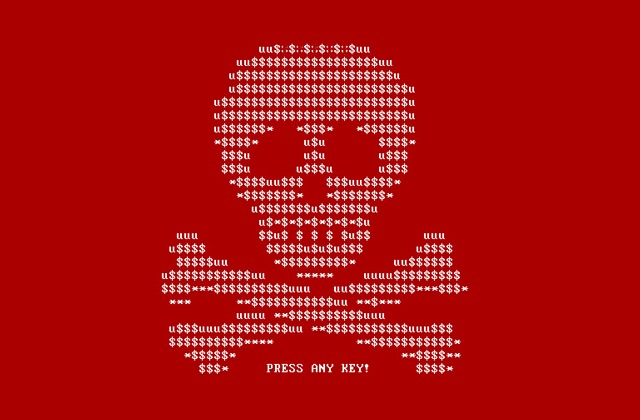
Keygen alert: free password generator released for PETYA ransomware
The PETYA ransomware is just one of the recent examples of malware that encrypts victims' hard drives until a fee is paid. The advice from the government is not to pay the ransom -- or at least not expect to get a decryption key if you do -- but a password generator has been created that means you can decrypt your hard drive for free.
While TeslaCrypt 4 boasts 'unbreakable encryption', the same cannot be said of PETYA, although the PETYA ransomware does have the irritating habit of overwriting MBRs. This does mean that there is no way to interact with the drive on the infected computer, but with access to a spare machine to read the drive and access to the online tool created by Leostone, you could have your data back in seconds. As the tool's website proudly proclaims, you can "Get your petya encrypted disk back, WITHOUT paying ransom!!!" -- here's what you need to do.

Maktub ransomware phishing scam knows your home address and uses it as leverage
Ransomware is one of the most prevalent security threats at the moment, and each week there are new examples that up the ante a little more. In recent months we have seen cross-platform ransomware, Tesla 4's unbreakable encryption, and the MBR-overwriting antics of PETYA, but a new phishing scam takes another approach.
In a cleverly orchestrated campaign, a phishing scam is doing the rounds whereby malware meets social engineering in a bid to extract cash from victims. It marries together the file-encrypting Maktub ransomware with a thinly-veiled threat -- home addresses. Quoting victims' home addresses to them serves two purposes: it adds a level of authenticity to the phishing email, but also acts as additional leverage by upping the fear level.

Microsoft and R3 blockchain partnership aims to reduce fraud and costs
Microsoft has joined forces with a collective of more than 40 financial institutions to help push the development of blockchain technology. Working with the R3 consortium, Microsoft wants to develop and test new technologies to replace and streamline old systems used in banking and enterprise industries.
The announcement comes as the company launches the first Microsoft Envision event with the aims of bringing together business leaders to pool ideas for the digital age. Using Microsoft Azure, the company wants its partners to expand the use of Blockchain-as-a-Service and bring about change faster.

PETYA ransomware targets enterprise users via the cloud and overwrites MBRs
Crypto-ransomware is the malware du jour, and the likes of TelsaCrypt 4 and KeRanger are just some of the names to hit the headlines recently. One of the latest examples of ransomware, PETYA, is taking a slightly different and more worrying approach -- it not only targets enterprise users, but also encrypts entire hard drives rather than just a selection of files.
PETYA -- also known as RANSOM_PETYA.A -- goes to some lengths to make sure that victims know that their computers are infected, overwriting the MBR (Master Boot Record) to display a ransom note during the boot process. The malware uses a "military grade encryption algorithm" to lock users out of their files, and victims are directed to venture onto the dark web using the Tor browser to make a Bitcoin ransom payment.

Microsoft did a whoopsy -- previous announcement about dropping Bitcoin was a mistake
Earlier today we reported that Microsoft was no longer accepting Bitcoin as a form of payment. It turns out that this is not true. Microsoft made a mistake.
Despite making a very clear change to its support pages that said "Microsoft Store doesn't accept Bitcoin" the company will in fact continue to support the cryptocurrency. This is not a change of heart, it was nothing more than a slip up, but Microsoft has not offered much of an explanation as to how it came about.

Microsoft drops Bitcoin support for Windows 10 and Windows 10 Mobile purchases
Microsoft's love affair with Bitcoin has proved to be short-lived. The company has updated its support pages to indicate that it no longer supports the cryptocurrency for purchases made in the Microsoft Store.
No explanation has been given for the decision, but it's likely that Bitcoin's failure to hit the mainstream -- yet, at least -- is to blame. From now on, Windows 10 and Windows 10 Mobile purchases will have to be made using other payment methods, although Microsoft says current balances paid for with Bitcoin can still be used.
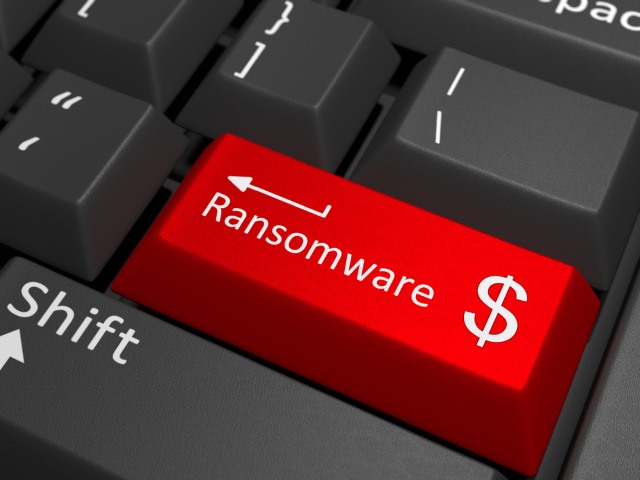
Mac users targeted by KeRanger ransomware -- here's how to remove it
Ransomware is a growing problem, with businesses and individuals increasingly having their data encrypted and held to ransom. As with so many forms of malware, it has been PC users that have borne the brunt of attacks, but over the weekend it was Mac owners that were targeted by the KeRanger ransomware.
The malicious software first appeared on Friday and is said to be the first fully-functional example of ransomware aimed at Apple devices. KeRanger was found to be installed alongside the Transmission BitTorrent client, and while Apple has used its Gatekeeper security system to prevent further infections, if you have installed Transmission 2.90 there are steps you need to take to clean up your system.
